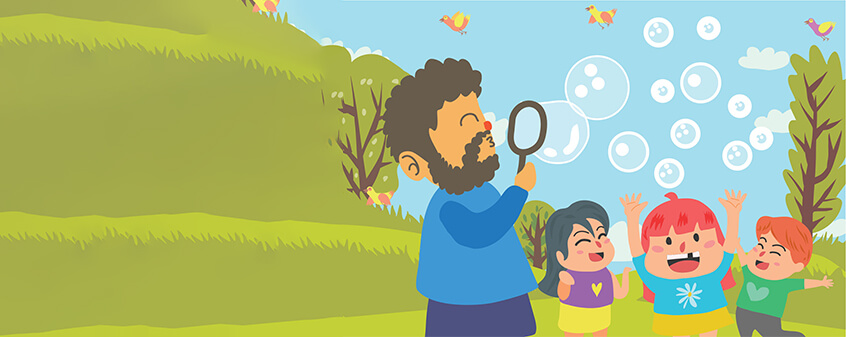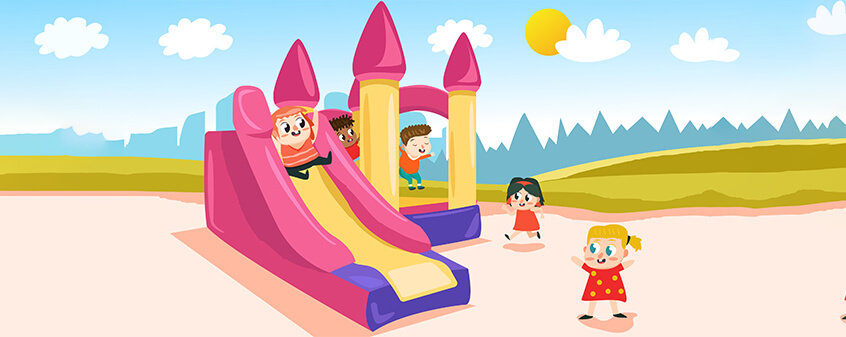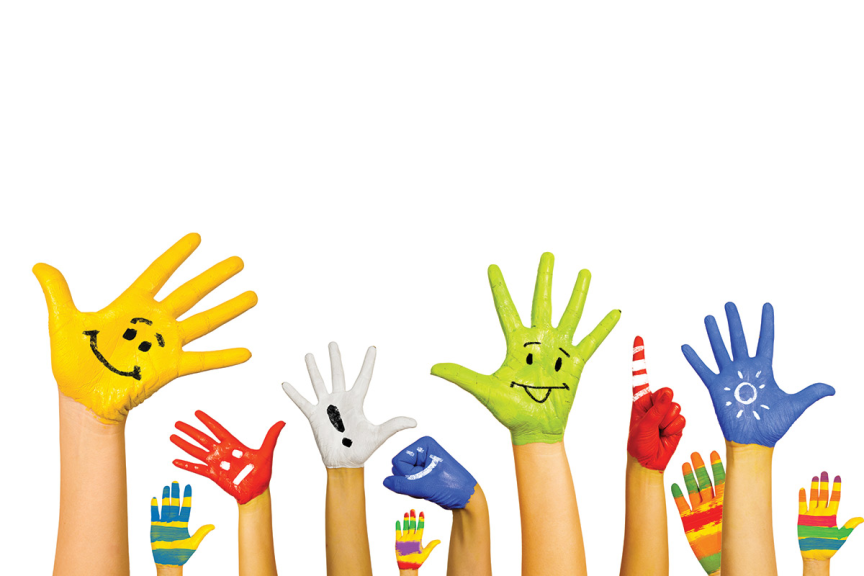How many of us have said or heard people say that the world today is ‘so competitive’? And, of course, use the same logic to push our children to excel academically. There’s nothing we can do about competition. It is a by-product of globalization. Also, as population figures increase and resources become limited and more scarce, our survival instinct makes sure we work that much harder to make a mark of our own and to get our own space under the sun. And this we automatically transmit to our children because children are not born competitive. They learn it. Most children don’t compete till they reach the age of 5 or 6. They also learn to work in groups only by the time they are 10 or 11. Competition is a double-edged sword. It has its upsides and downsides. Some children thrive on competition while some are happy doing things for themselves. However, it’s not as bad as it sounds. Being competitive can be a good thing. A healthy competitive spirit can bring out the best in a person. Competition helps kids to be aware to what is happening around them.
Competition:
• involves decision making, discipline, self control, and maturity;
• teaches kids to set long term goals and work towards achieving them;
• helps them to develop problems solving skills;
• encourages participation;
• develops competency areas; and
• ensures that a child doesn’t become complacent.
‘Competition can enhance or reduce motivation, depending on how it is used. It is good for some, but it may result in a few winners and many losers. Unmotivated or underachieving students often have difficulty dealing with defeat. Until they are ready to cope with defeat, it is more productive to encourage students to compete against their own performance rather than with someone else’s. In recent days, the spate of student suicides, has shown us how dangerous competition, fear of failure, and not having an internal locus of control can be. Winning or losing for a child is serious business, especially if he is competitive. If competition focuses on the negative aspects such as the pressure of winning, then it does not add value to life and can, in fact, cause physical or emotional injury. If it reduces self worth and diminishes the child’s self
Rewarding Competitive Behaviour
If you have a competitive child, it is essential to reward his/her effort. Here are a few things
you can do:
• discuss the importance of doing one’s best and setting realistic goals;
• encourage your child to participate in a variety of activities before focusing on only one activity to compete; and
• emphasize on participation instead of winning.
And most importantly, do not relive your childhood through your child. Your child is NOT an extension of you. To quote the psychologist Carl Jung, ‘the greatest damage to the child is the unlived life of the parents.’ importance and respect, then it becomes something dangerous and can cause stress and even lead to suicide.’ Along with competition comes stress. Most people suffer from it, and sometimes our kids catch it very early in life. Stress causes a downshift in the brain’s ability to perform. As parents, we need to provide our children with the tools for handling competition in such a way that they know how to manage the stress caused by it.
Managing Stress
One of the tricks to manage stress is by teaching children techniques to achieve calmness at times of anxiety. I teach kids how to monitor their breathing. I tell them to keep their palms on their stomach and study how they breathe. They should be able to feel their stomach protrude when they breathe in and contract when they breathe out. By learning this, they will be able to calm their stressful energy. This technique works well for adults too.
Self-esteem
Another important thing to teach children, while they are learning to handle competition, is how to develop their self esteem. Self-esteem is about how a child feels about himself. If he feels confident and good about himself, he has a healthy self-esteem. But if the child feels that he can never do anything right, he suffers from low self-esteem. Children do not have a direct measure of themselves. They create a construct of their ‘self ’ from how people react to them. So, their self-esteem depends on how and what you tell your child. When they receive the message that they are good at doing things and are perceived as successful individuals, the subconscious mind registers this and tells them the same. If a child is constantly told that he/she is not good enough, the subconscious mind saves the negativity and the child ends up having a poor opinion about himself/herself. This negative impression will thwart the child’s progress as an adult."
Increasing levels of competition, reducing paradigms of space and time, evolving sources of information and entertainment, changing moral, social, and religious values is leaving us with an unknown future. The dilemma that every parent and teacher faces today is—‘How do I use the tools I have to prepare children for a future that I don’t know anything about? How do I prepare them to resolve issues that have not yet risen? What is parenting in this age of digital revolution and globalization?’








